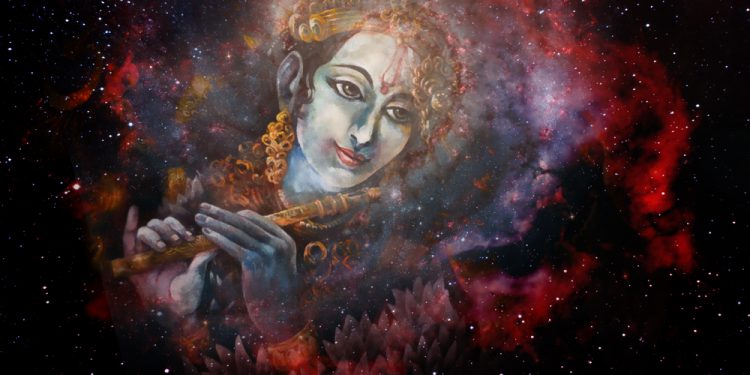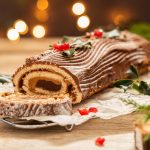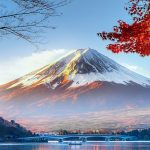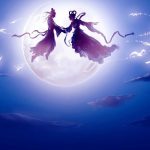
Govardhan Puja
Govardhan Puja is a Hindu religious holiday celebrated throughout India. It is an auspicious day that commemorates the defeat of Indra by Krishna. This holiday falls during the Hindu month of Kartik, on the first day of Shukla Paksha, and usually coincides with the Gujarati New Year. During most years, it also immediately follows Diwali Puja and may precede Amavasya by a day.
History
According to legend, the people of Vrindavan would worship Indra, the demigod of rain and thunder, with special prayers and celebrations, for he brought the rains which nourished the crops. Lord Krishna, however, disagreed with this practice and said that the real deity to be worshiped was Govardhan Hill, also known as Annakut Hill.
He told the people that the hill provided them with food and was therefore more worthy of being worshiped than Indra. The people agreed and began worshiping the hill, which angered Indra immensely and set him on a path of vengeance.
Indra decided to seek revenge and cursed the people with a seemingly unending wave of rain and storms. These storms caused the village to become flooded, threatening both the people and the livestock of the area with drowning.
However, the people were saved by Lord Krishna when he lifted the mountain with his finger and allowed the people to seek shelter beneath it. Eventually, Indra admitted defeat and recognized Krishna as the supreme deity of the universe. Govardhan Puja was then established to celebrate this victory.
Customs, Traditions, and Celebrations
While this holiday is celebrated extensively throughout India, it is extremely popular in the Indian states of Uttar Pradesh, Punjab, Bihar, and Haryana. In these states, it is celebrated with elaborate festivities.
Many pious individuals build replicas of Annakut mountain using cow dung, highly decorated with flowers, and then worship them. Others build replicas of the mountain using a variety of foodstuffs, including wheat, curry, and rice.
In many temples around the country, the statues of deities are given a milk bath and then dressed in fine jewelry and gemstones. Elaborate dishes are also prepared and offered to Lord Krishna. Some of these dishes include Halvah Bars, Fried Pakoras, Rasgullas, Laddu, Fried Boondi Sticks, Cow Cakes, and Vegetable Pate.
Conclusion
This holiday signifies not only the triumph of good over evil but also humanity’s conquest of nature. It is a holiday that represents fertility and abundance and is an important day for many Hindus all over the world.








